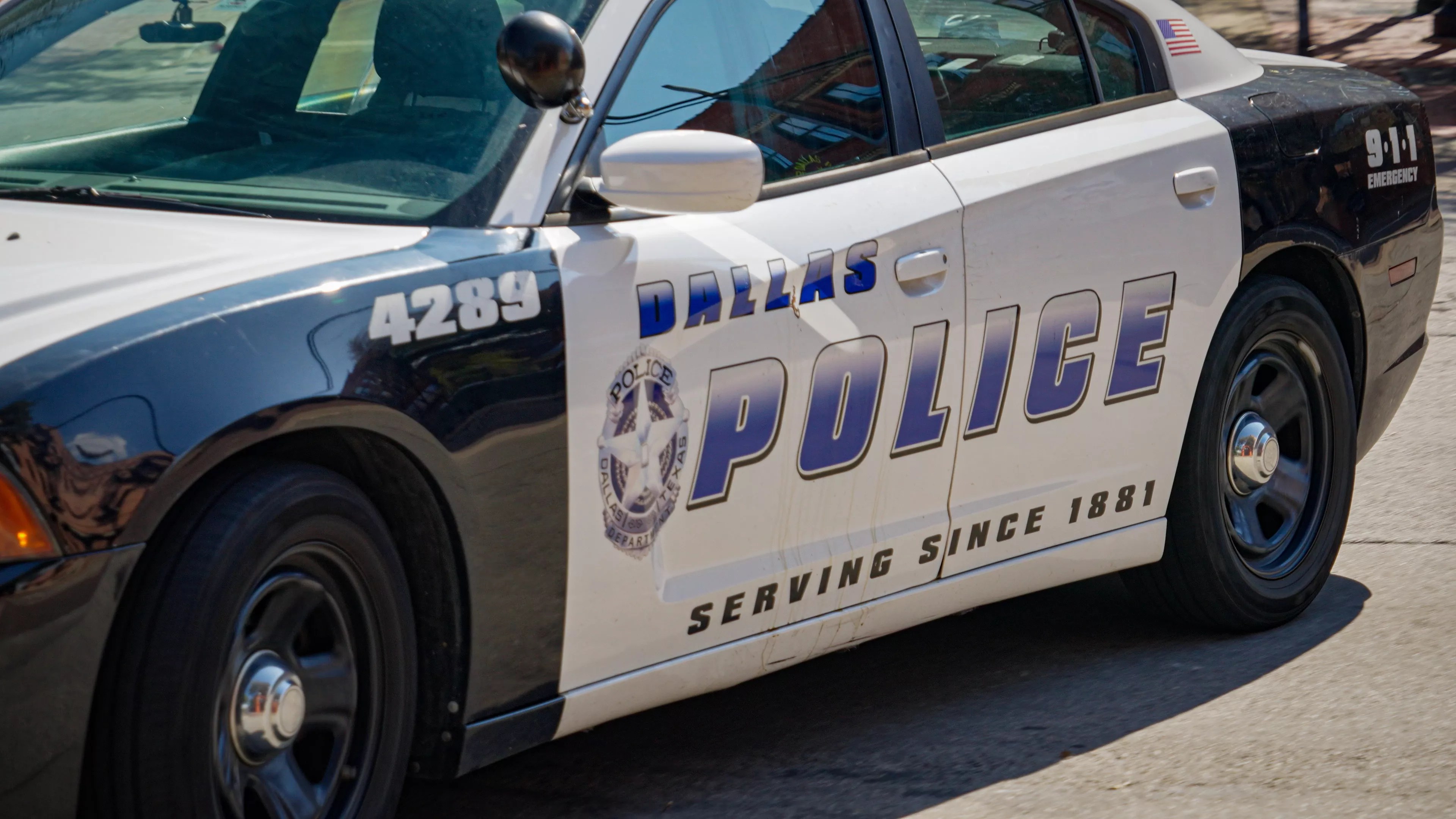
Adobe Stock

Audio By Carbonatix
If you’ve been shot, stabbed or are racing down Interstate 75, fleeing the scene of a crime, you can expect a large number of Dallas’ boys in blue to be on the scene in the blink of an eye, even if it’s a very slow 10.67-minute blink. If you have any other kind of emergency other than what the Dallas Police Department classifies as the most emergent, or Priority 1 (P1), don’t hold your breath waiting for the distant sounds of sirens. Response times for Priority 2-4 emergencies are sitting at an hour and a half on the low side, and four and a half hours on the high side.
According to a study from Vivint, a home security company, Dallasites are increasingly anxious about crime and curious about home security. It seems like city dwellers are looking for more reinforcement than a department whose non-emergent response times are equal in length to a Hallmark Channel Original Movie. Crimes like burglaries are classified as P3, and according to the latest data from DPD, officers will arrive at the scene in 238.42 minutes, or just under four hours. So realistically, you could actually watch a Hallmark movie marathon while you wait. Pop the corn.
The home security company assessed the Google search patterns of the 200 most populous cities in the country. Dallas ranked 43rd for general interest in home security, with first being high-interest, but 183rd in crime anxiety, with first being highly anxious. But despite ranking low in anxiety compared to other cities, Big D’s crime anxiety is up 14% year-over-year, and home security searches are up 25% from last year.
But DPD has been consistently improving its response times, and home invasion-related crime rates are down from last year. Since January, there have been 3,742 reports of burglary or breaking and entering within Dallas. Last year, between January and September, 4,474 burglary or breaking and entering crimes were recorded.
Dallas, make your New Year’s Resolution Count!
We’re $11,000 away from our End-of-Year campaign goal, with just a couple of days left! We’re ready to deliver — but we need the resources to do it right. If Dallas Observer matters to you, please contribute today to help us expand our current events coverage when it’s needed most.
Though the department is still two minutes over the goal of eight minutes for a P1 crime and sometimes hours over goals for other priority levels, all response times have improved over last year’s numbers city-wide. Baby steps.
The department welcomed a new chief in April, and he has taken a no-nonsense approach to improving his new home, starting with response times, recruitment, and retention.
“Every call is important to those who make the calls. So we’re really working hard to make sure our response time is appropriate,” police Chief Daniel Comeaux said in a May interview with Telemundo.
For a long time, DPD has struggled with numbers, falling far below the office-to-citizen ratio required by city ordinance. The rush to recruit for proper policing, which would improve response times and increase city safety, has been placed on every chief who has worn the badge.
“I need every single person that works for the Dallas Police Department, and not that just works for the Dallas Police Department, but that lives in Dallas to become an effective recruiter for us,” Comeaux said at his swearing-in ceremony earlier this year. “We have to hire more officers.”
That rush to recruit was hastened in the last November election when a controversial proposition passed requiring the city to increase its force by 900 officers within a few years. If the city does not achieve the metric within a reasonable time, it could face litigation.
The pressure is on, and so in the $5.2 billion 2025-26 fiscal year city budget, hiring 350 police recruits and maintaining a force of 3,424 officers was highlighted as the top bullet point. The city police budget increased by $46 million, totaling $611.9 million.
“It’s not a perfect budget, but I believe the city manager has done a really good job of bringing us the best she can bring us, given the parameters we have from Proposition U,” Council member Chad West said to NBC 5. “…We’ll see a fully funding of police and fire for our brave men and women in blue and in red, and we’ll see a significant amount of money going toward services. I wish it was more, but it is what it is.”